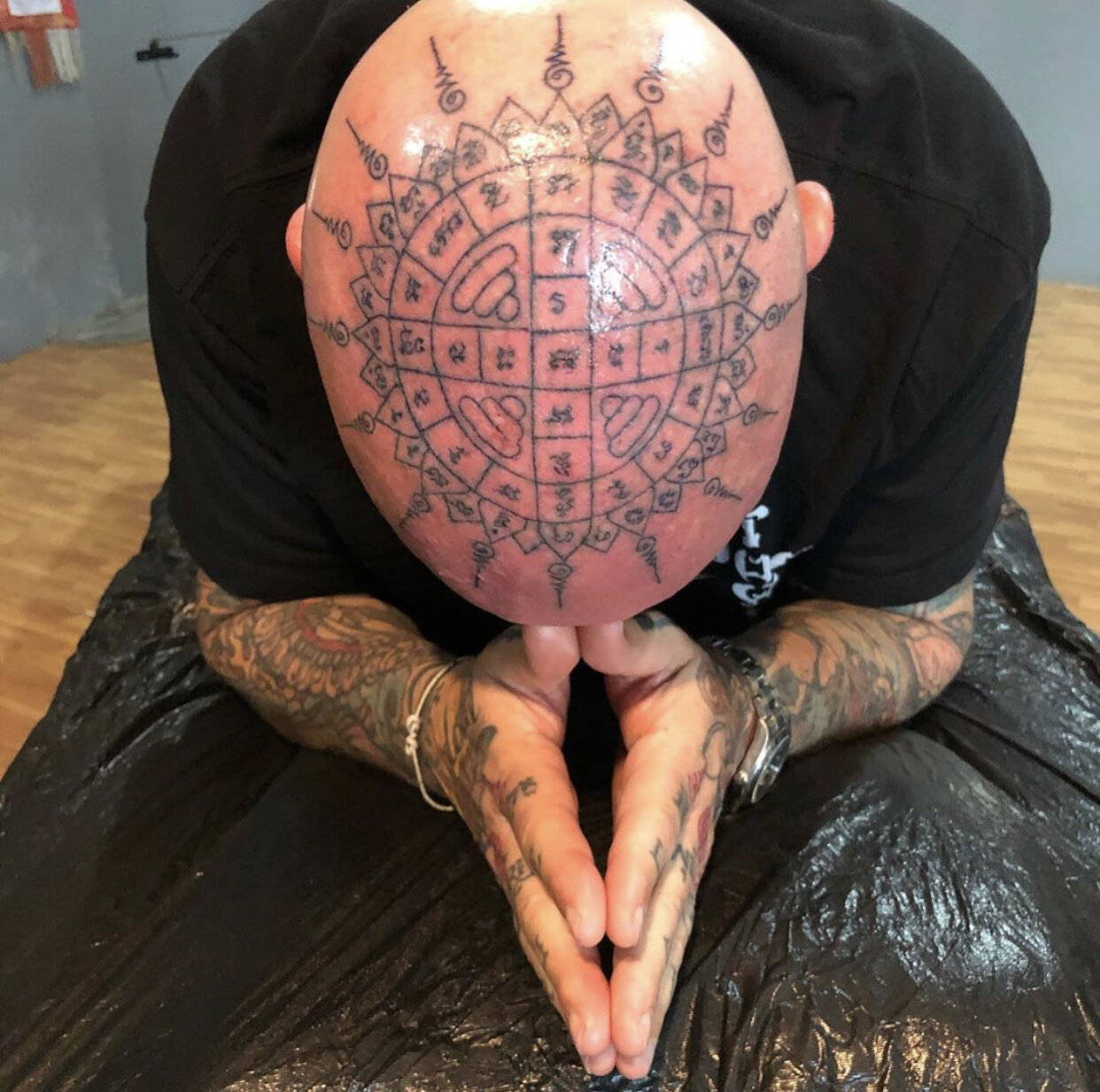Compassion; Against The Stream: A Buddhist Manual for Spiritual Revolutionaries
The Starving Buddha statue, from Noah Levine’s personal collection at Against The Stream Meditation Center.
Compassion
PART TWO: Boot Camp (cont’d). Read Part 1, 2 & 3 of Chapter 1 here.
Another natural quality of the heart, compassion is very simply the experience of caring about pain and suffering—ours and others
As was noted earlier, pain is a given in life. We all experience pain. For the untrained mind, suffering is a given as well. But with practice we gain the ability to choose how to respond to pain. Our instinctual tendency is to meet pain with aversion, try to push it away. Reflect for a moment: What is your first reaction to stubbing your toe? Most of us tend to react either with aversion (trying to push the pain away) or denial (trying to pretend it isn’t there).
The experience of freedom comes when, through the radical approach of the Buddha, we begin to have the appropriate response to pain, which is not aversion but compassion
The word compassion can be literally translated as “quivering of the heart”—the physical experience of being moved by pain, feeling it and caring about it. Compassion pertains to both our own pain and that of others, both the personal and the impersonal. For myself, this perspective has come from personal trial and error. For the first half of my life I tried to deny and run from pain. But pain always seemed to catch up with me. Eventually I had to accept that it is impossible to get rid of pain completely. Aversion, denial, anger, and suppression just don’t work.
Noah Levine’s traditional Sak Yant tattoo from Triangle Ink Tattoo, Thailand. “Pain is inevitable, suffering is optional.” - Noah Levine
“Once I opened my mind to the possibility of compassion and explored the Buddha’s practices, I saw for myself that when I relate to pain with friendliness and care, rather than fear and avoidance, pain is much more manageable and seems to pass more quickly. ”
Trying to push away physical or emotional pain is like creating a dam for the impermanent experience: it doesn’t get rid of the pain; it just keeps it around for a longer period of time. Eventually the floodgates burst, however, and we are faced with the truth of our self-made suffering. Compassion isn’t some sort of highfalutin concept; it’s a very practical and applicable relationship to life’s difficulties. Compassion isn’t our only option, of course, when we encounter pain, and for most it isn’t our first instinct, but it’s the only option that works to free us from suffering.
Noah Levine Dharma Talk: How Do We Develop Compassion?
Listen To & Watch
Support Against the Stream
YOUR DONATIONS SUPPORT OUR EXPENSES AND ALLOW US TO CONTINUE TO PROVIDE THE BUDDHA’S TEACHINGS.
Against The Stream is a 501(c)(3) non-profit organization: All donations are tax deductible. Tax ID 83-4171718



